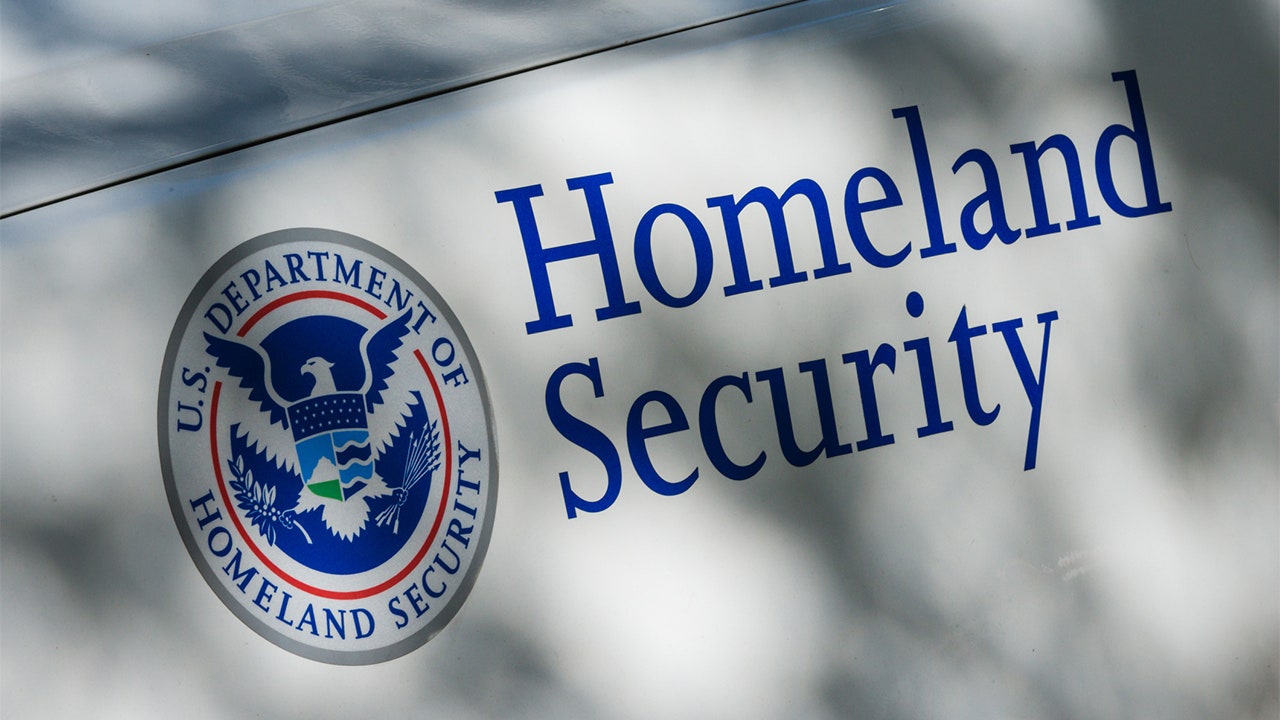2nd Homeland Security agent in Utah arrested on charges of selling illicit drugs that were seized as evidence

A second Department of Homeland Security agent in Utah has been arrested and charged in federal court for allegedly using a confidential informant to sell illicit drugs seized as evidence. Nicholas Kindle, a special agent investigating illegal narcotics trafficking, was apprehended three weeks after his alleged co-conspirator, special agent David Cole, was arrested. Both men are facing charges of felony drug distribution conspiracy, with Kindle also facing an additional charge of conspiracy to convert property of the U.S. government for profit.
Kindle’s initial court appearance has been scheduled for Jan. 21 in Salt Lake City, where he could potentially face up to 25 years in prison if convicted. On the other hand, Cole, who was indicted last month by a grand jury, has pleaded not guilty to his drug distribution conspiracy charge and is set to stand trial starting Feb. 24, facing a maximum of 20 years behind bars if found guilty.
Despite their charges, Kindle and Cole have had their Homeland Security credentials suspended but have not been terminated from their positions. Prosecutors allege that the two agents abused their positions to obtain illegal drugs known as “bath salts” from Homeland Security evidence and other law enforcement officers, including U.S. Customs and Border Protection officials, under false pretenses of using the substances for legitimate investigations.
The illicit activities reportedly began in 2021 when Kindle and Cole started pilfering drugs from evidence and deceiving their colleagues about the purpose of acquiring them. Furthermore, the agents are accused of stealing thousands of dollars in cash, a diamond ring, and a Peruvian antiquity from the evidence they handled.
Between 2022 and 2024, Kindle and Cole allegedly sold the drugs to an individual referred to as a “source of information” in court documents, permitting the individual to resell the drugs without facing arrest. The FBI estimates that the scheme generated between $195,000 and $300,000 in profits. Subsequently, the agents recruited a confidential informant, who was previously imprisoned, to conduct controlled buys from suspected drug dealers, essentially acting as a middleman in their operation.
Using an encrypted messaging app, Kindle and Cole arranged meeting locations with the informant, including spots like a Panera Bread restaurant and a Nike store, as detailed in an FBI affidavit. The FBI initiated an investigation in October 2024 following a tip from the informant’s lawyer, who informed the U.S. Attorney in Utah about the agents’ involvement in potentially unlawful activities.
Investigators monitored the agents closely and documented eight instances where drugs were unlawfully sold to the informant. In one particular case, the informant handed the FBI a plastic foam cup containing a granular substance that tested positive for drugs, alleging that the agents left the cup for him in a parking lot trash can. Synthetic bath salts, also known as Alpha-PVP or cathinone, are said to mimic the effects of methamphetamine, cocaine, or ecstasy, but are unrelated to actual bathing products.
It is important to note that the information provided is based on the original source, and any further updates on the case may be subject to change. The Associated Press contributed to this report.




